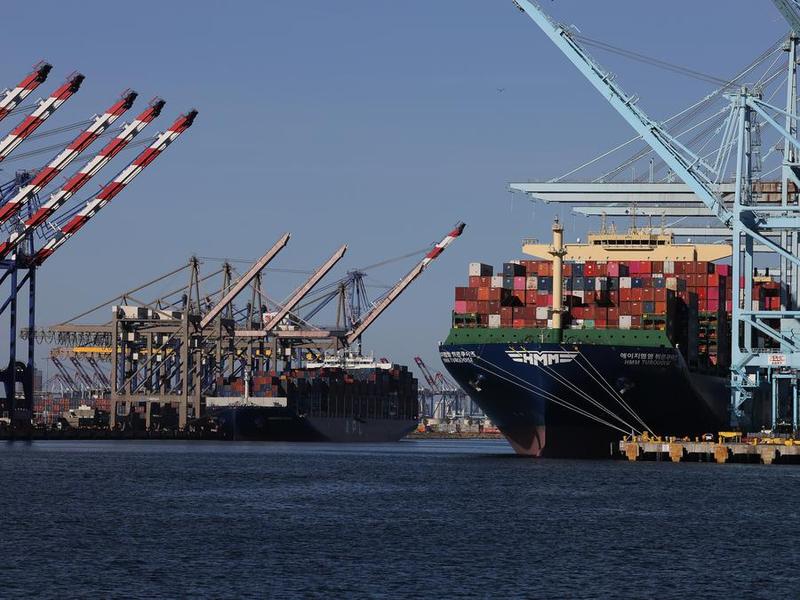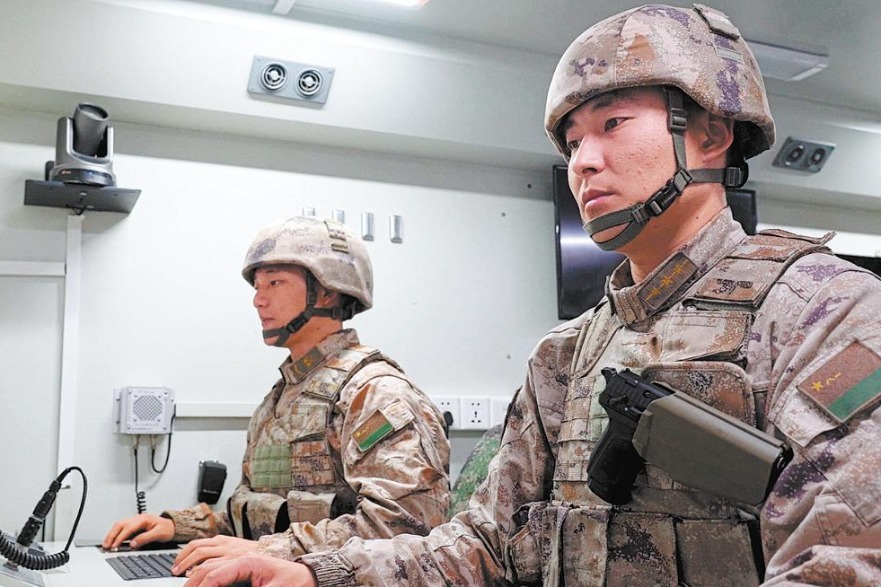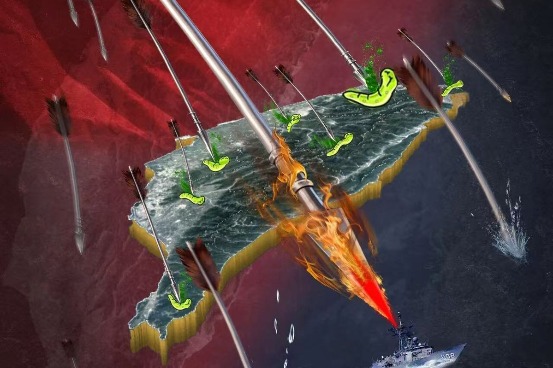Tariffs take heavy toll on US first and foremost: China Daily editorial


While the United States is pressuring its trading partners to submit their "best offers" for trade negotiations in order to avoid facing the "reciprocal tariffs" the US administration threatened to impose on April 2 but suspended for 90 days, until July 9, it raised tariffs on imported steel and aluminum and their derivatives from 25 percent to 50 percent on Wednesday.
And despite repeated promises by the White House that multiple deals are imminent, the US has not yet reached any substantial deal with any of its major trading partners, while its own economy is suffering heavily from the tariff policy.
With its trade talks with almost all major trading partners stalled, the US has obviously been left high and dry by its policy, the legitimacy of which is still pending.
The Organization for Economic Co-operation and Development released its latest economic outlook report on Tuesday, predicting that the US economy will grow by 1.6 percent and 1.5 percent this year and the next respectively, down 0.6 and 0.1 percentage points from the forecast in March. It said that trade tensions caused by the tariff policy affect global trade, impacting consumption and investment.
Before that, the Institute for Supply Management on Monday released data showing that the US manufacturing purchasing managers' index was 48.5 in May, lower than 48.7 in April. The US manufacturing industry has contracted for the third consecutive month, remaining below the 50 boom-bust line.
The real GDP of the US decreased at an annual rate of 0.3 percent in the first quarter. The rate might continue to fall in the second quarter and beyond if the US administration presses ahead with its tariff war, some analysts have warned.
The trade conflict has caused the US business community and industry insiders to continue to be pessimistic about the country's economic outlook, bringing huge uncertainty to the US economy.
The Conference Board, a US think tank, said on May 29 that its measure of CEO confidence, conducted in collaboration with the Business Council, revealed a 26-point decline in the second quarter, the biggest since the survey started in 1976, attributing it to the uncertainties caused by the US' strained economic and trade relations with other economies due to the tariff war.
That uneasy mood of the market and industry has also been confirmed by the Federal Reserve in its periodic "Beige Book" summary published on Wednesday. This indicates the US economy has contracted over the past six weeks as hiring has slowed, and consumers and businesses are worried about tariff-related price increases.
"All Districts reported elevated levels of economic and policy uncertainty, which have led to hesitancy and a cautious approach to business and household decisions," the Fed report said.
It takes just a stroke of a pen for the US president to raise the tariff rate on goods, in the firm belief that increasing tariffs is like waving a magic wand that will not only enable the US to increase its tariff revenue, but also spur other economies to invest in and relocate their factories to the US, with immediate effect.
But the impacts are far more complicated than anticipated, and it is US companies and consumers that have to bear the brunt of the raised tariffs.
For instance, the raised tariffs on aluminum and steel affect not just the prices of products such as cars, building materials, and washing machines, but also canned tuna, chicken soup, fruits, ketchup, and a host of foods and beverages that come in metal packaging, such as beer and soda. In other words, no US family can escape the bite of US tariffs.
Tesla CEO Elon Musk hit out at the US president's "big beautiful" signature tax and spending bill, which is part of the latter's effort to ease the pressure on government debt in a weak economy, describing it as a "disgusting abomination", shortly after he left the administration last week. This served to expose a disagreement even within the core team in the White House on the administration's economic policymaking.
As the tariff war goes on, with the US economy continually slipping toward recession, it is almost predictable that the US administration will only become more desperate to cover up the failure of its tariff policy by playing the blame game to divert public censure to the previous Democratic administration, other economies, the Federal Reserve, and others.
The wise are cautious and avoid danger; fools rush in with reckless confidence where even angels fear to tread. Reckless confidence is the hallmark of "America First".


































